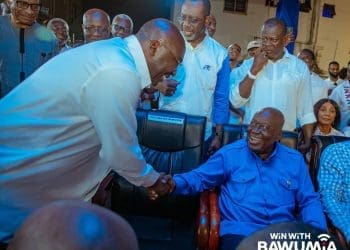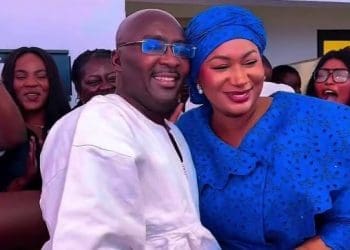The Supreme Court has overturned the contempt conviction of Ernest Yaw Kumi, the New Patriotic Party (NPP) Member of Parliament for Akwatia in the Eastern Region.
The conviction was originally issued by the Koforidua High Court, which also authorized a bench warrant for Mr. Kumi’s arrest. That warrant, signed by Justice Emmanuel Senyo Amedahe, followed the MP’s conviction for contempt of court.
In a ruling delivered on Wednesday, June 11, the Supreme Court not only nullified the conviction but also invalidated the execution of the bench warrant. The decision effectively halts any further legal action or sentencing by Justice Amedahe regarding the case.
The ruling was decided by a 4–1 majority, with Justice Gabriel Scott Pwamang presiding over the panel and issuing the lone dissenting opinion.
On Wednesday, February 19, 2025, the Koforidua High Court found the Member of Parliament (MP) for Akwatia guilty of contempt for defying an interim injunction that barred him from being sworn in as a legislator. Following his failure to appear in court for sentencing, a bench warrant was issued for his arrest.
In response, the MP, through his legal counsel, filed a motion for certiorari and prohibition at the Supreme Court.
He argued that the High Court judge overstepped his jurisdiction by assuming authority over the Parliamentary Election Petition for the Akwatia Constituency before the Electoral Commission had officially published the election results in the Gazette.
The MP contended that the petition, filed by Henry Boakye-Yiadom on December 31, 2024, was legally flawed due to the absence of the Gazette Notification, which is required to validate an election result. As such, he claimed that any orders arising from the petition—including the injunction—were null and void.
Additionally, the MP sought a declaration that the contempt proceedings and ruling delivered on February 19, 2025, were invalid because they were based on a premature and incompetent petition.
He is therefore asking the Supreme Court to quash the High Court’s February 19 ruling, the original election petition filed on December 31, 2024, the interim injunction granted on January 2, 2025, and the subsequent ruling on January 6, 2025—all of which, he argues, stem from the same improperly filed petition.












